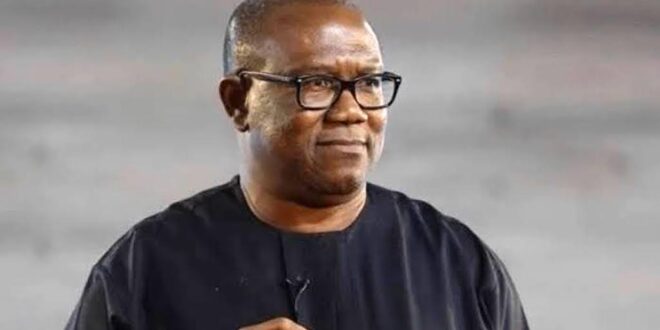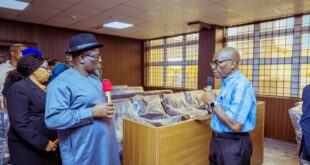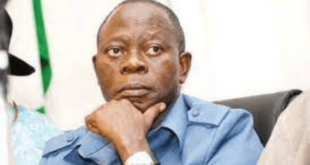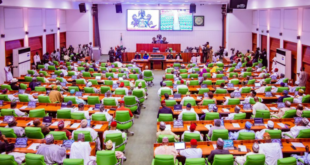The Nigerian electricity supply industry is facing a critical moment as the nation grapples with a significant power crisis.
Presidential candidate of the Labour Party (LP) in the 2023 general election, Mr Peter Obi, has raised concerns about the perennial power situation in the country, which has seen 141 national grid collapses in 11 years.
With Nigeria only generating 13,000 megawatts (mw) against a demand of approximately 200,000mw, the situation is dire, and urgent solutions are needed to address the problem.
In a recent article titled “The Collapsing Electricity Sector,” Obi highlighted the challenges faced by the Nigeria electricity supply industry, noting that the country has one of the lowest per capita wattage in the world.
Despite efforts to reform the NESI over the past two decades, the industry remains in a precarious position, with routine system collapses attributed to avoidable situations like fire outbreaks at critical transmission lines.
Obi’s media aide, Yunusa Tanko, emphasized the importance of addressing the power crisis, noting that Nigeria’s installed capacity of 13,000mw is insufficient for a country with an aspiration to become a global medium economy power. With only about 3,500mw available for homes and businesses, the situation is unacceptable.
This is in stark contrast to competitor countries in Africa like Egypt and South Africa, which have significantly higher installed capacities to meet their respective populations’ demands.
The power crisis in Nigeria can be attributed to two main sectors: generation and transmission and distribution.
The challenges in the generation sector include a lack of regular gas supply, weak commerciality of gas to power, and issues with vandalism.
On the transmission and distribution side, there has been a failure to overcome the deterioration of networks, leading to load rejection and low private sector investments.
Obi argues that the government has failed to exercise the required political will to appoint the right leadership to address the problems in the sector.
A lack of policy coherence and investment in modern technologies like SCADA has resulted in poor coverage and coordination between TCN and discos, leading to low public trust for policy reform on tariffs.
As Nigeria struggles to meet its energy demands, the need for urgent pragmatic solutions is evident.
The power crisis not only affects the country’s ability to achieve its economic aspirations but also has significant implications for human development.
Addressing the challenges in the electricity sector will require a concerted effort from the government, private sector, and citizens to ensure a sustainable and reliable supply of power for the nation.
Subscribe to the Advocate News letter and receive news updates daily in your inbox.
 Advocate.ng Latest news update on politics, entertainment, sport and more
Advocate.ng Latest news update on politics, entertainment, sport and more




